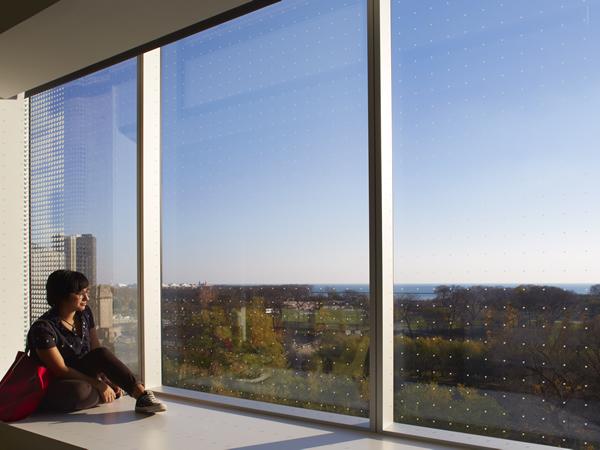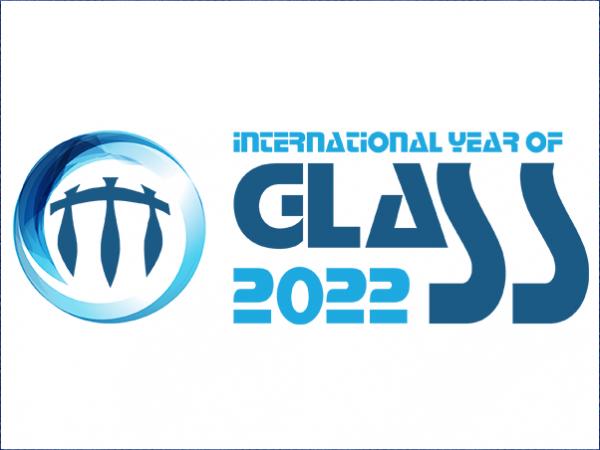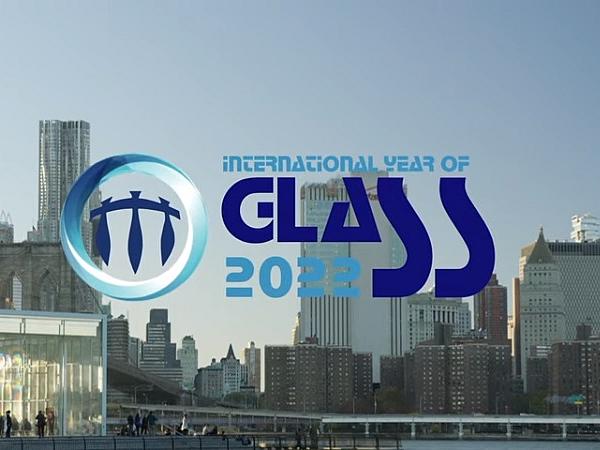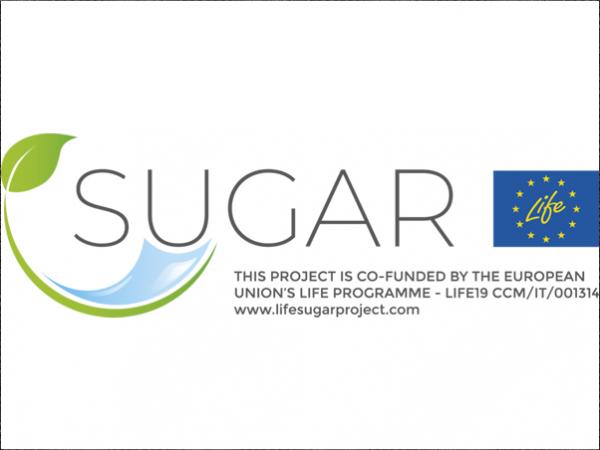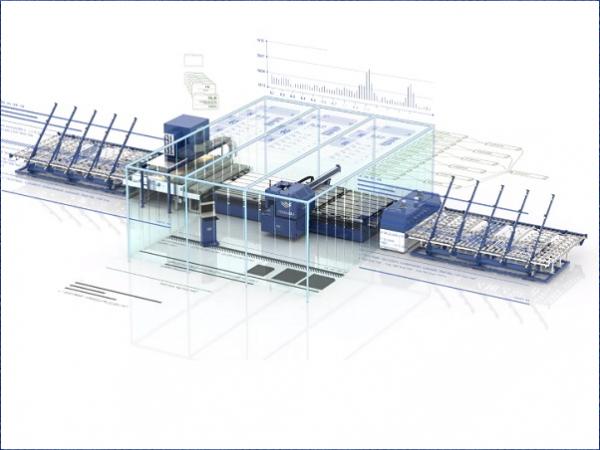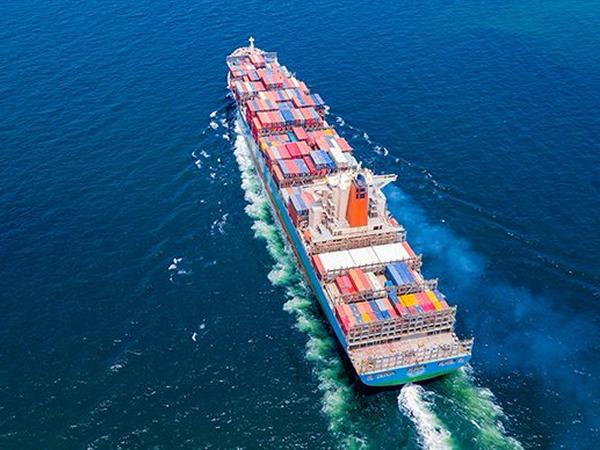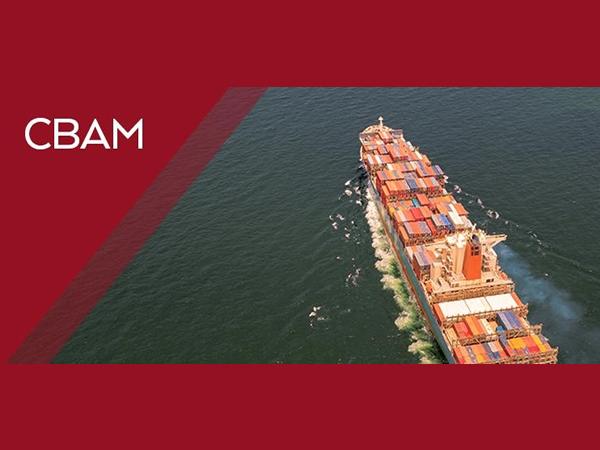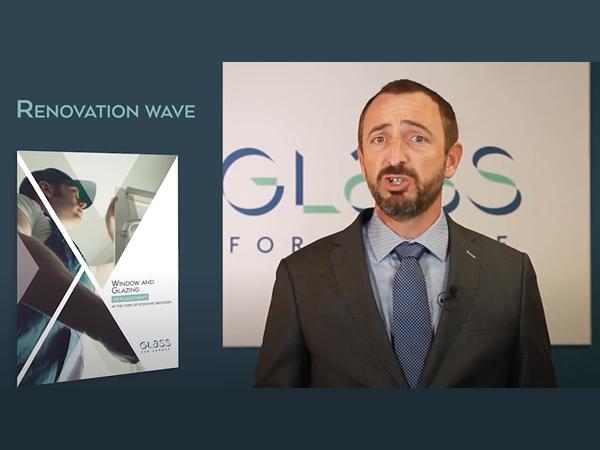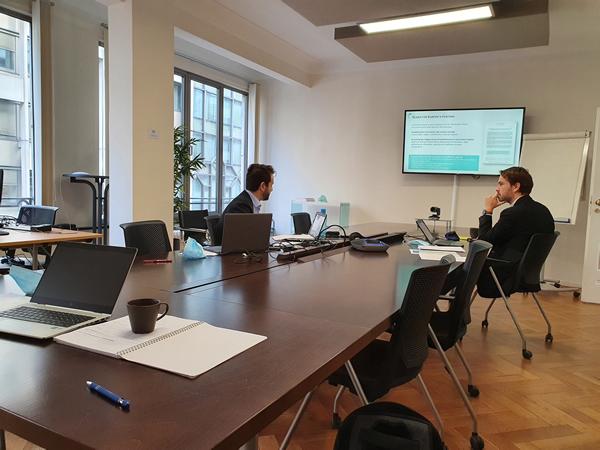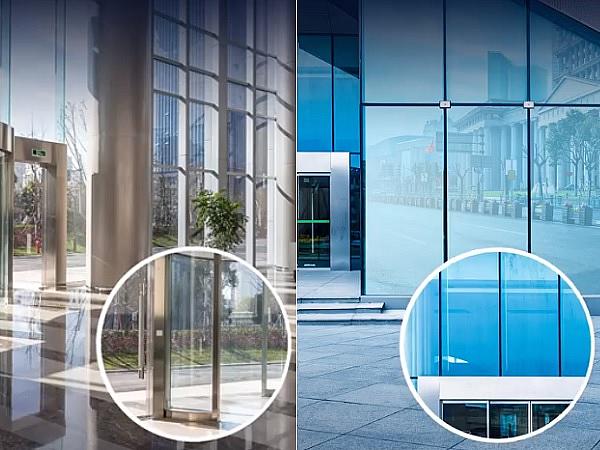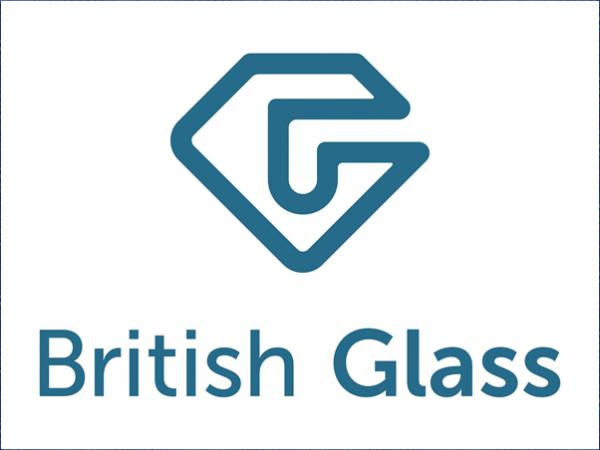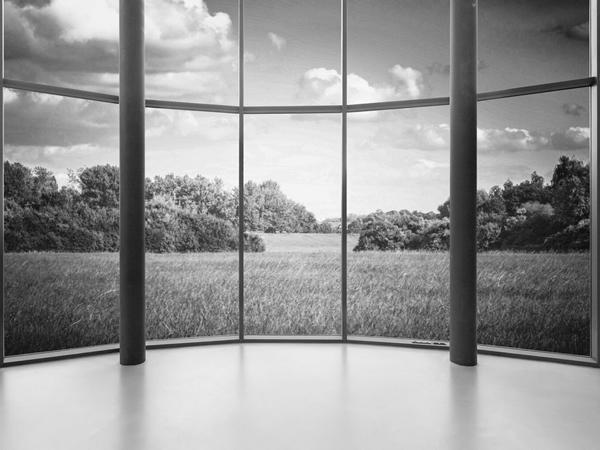Others also read
Topics address enhanced acoustic, signal-friendly solar films, and augmented reality enabling head-up display advanced interlayers.
The International Commission on Glass (ICG), the Community of Glass Associations (CGA) and ICOM-Glass are promoting a United Nations International Year of Glass for 2022.
The International Commission on Glass broadcasted the first screening of its presentation to promote a United Nations International Year of Glass for 2022.
Glass for Europe considers that its manufacturing activities should be covered under the taxonomy with adequate technical screening criteria.
In January 2020, Glaston announced its new group structure with business areas Glaston Heat Treatment Technologies, Glaston Insulating Glass Technologies and Glaston Automotive & Emerging Technologies.
Stazione Sperimentale del Vetro is proud to announce the start of a new endeavour towards a more sustainable glass Industry: the SUGAR technological development project, co-founded by the EU LIFE Programme (LIFE19 CCM/IT/001314).
BAU ONLINE will provide valuable guidance in turbulent times
Glass for Europe joins the call of Renovate Europe to increase the energy performance standards for the renovation of buildings in the taxonomy delegated act.
Show Room Automotive Glass Mass Production.
Dip-Tech, the digital ceramic glass printing business unit of Ferro, is pleased to announce the release of its new Automotive Black Anti-Stick Digital Ink (CASS_0775).
Highly selective, thermally insulating glass is already in Guardian’s portfolio and is widely used in modern, energy-efficient buildings.
To address the global challenge of birds colliding with glass in buildings, Eastman, manufacturer of Saflex® PVB interlayers for architectural applications, proudly announces a collaboration with Rouven Seidler, founder of SEEN AG.
The European Commission announced its intention to propose by mid-2021 a carbon border adjustment mechanism (CBAM) for a few sectors, as a pilot phase.
Professionals from across the glass supply chain and wider have come together to discuss the industry’s aim to achieve net zero by 2050.
The European Commission announced its intention to propose by mid-2021 a carbon border adjustment mechanism (CBAM) for a few sectors, as a pilot phase.
Soda ash is a key raw material and is used as an additive in the flat glass making process to reduce the melting temperature of the sand used.
By way of the Renovation Wave, the European Commission aims to at least double renovation rates in the next ten years and make sure renovations lead to higher energy efficiency.
On 12 October, the traditional meeting between Glass for Europe and national glass and glazing associations was held for the first time in the format of a web conference.
Sphinx Glass changed the names of their Tint range, they will now be known as ISOLITE. As well as their Clear glass, which will be known as TRULITE, with all of its known automotive, silvering, and architectural qualities.
British Glass are delighted to announce the full agenda for our two net zero webinars in October.
In a video statement published in reaction to the climate plan, Glass for Europe calls for concrete actions to take place, particularly when it comes to renovating Europe’s ageing buildings.
Since August 2020, a specific CAS number for soda-lime silicate glass has been created in the CAS registry.
On 31st of August 2020, Glass for Europe answered to the European Commission’s roadmap consultation on environmental product performances’ claims.


